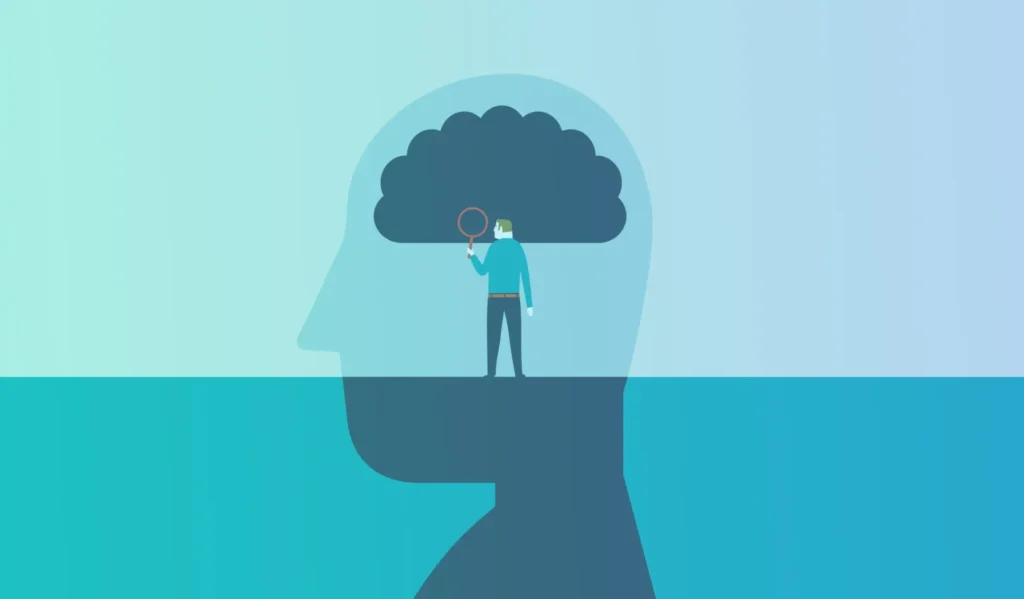
In an era when mental health is emerging from the shadows, global campaigns are reshaping perceptions, challenging stigma, and charting clear paths for millions affected by mental health issues. Many still struggle with misunderstanding, isolation, and a lack of adequate support, making it essential to implement effective strategies that spark lasting change. This article dives into the evolution and impact of these transformative movements. By addressing pressing concerns with practical insights and evidence-based strategies, we empower stakeholders, policymakers, and community champions to prioritize mental health in every corner of the globe.
Understanding the Global Mental Health Landscape
Over recent decades, mental health has gained the attention it deserves on the global stage. Shifts in societal awareness, media narratives, and academic discussions have firmly established mental health as a critical public health issue. Today’s mental health campaigns address cultural sensitivities, regional disparities, and new scientific discoveries, painting a vivid picture of the worldwide mental health landscape.
A core element of comprehending this landscape is recognizing its diverse challenges. Global trends indicate a rising prevalence of anxiety disorders, depression, and stress-related conditions. The interplay of socioeconomic factors and unequal access to care reveals a complex environment where disparities often dictate the quality of support available. A nuanced understanding of these challenges is vital for designing interventions that truly resonate with diverse populations.
Moreover, modern mental health campaigns blend traditional outreach with innovative digital methods to break down barriers and dismantle myths. From community mobilizations to dynamic online initiatives, every effort is focused on reaching a broader audience and addressing the multifaceted nature of mental health issues. Staying informed about these evolving strategies is key to enacting meaningful and lasting change.
Historical Milestones in Global Mental Health Campaigns
To understand the current global mental health movement, it is essential to look back at its historical context. The evolution of mental health campaigns mirrors the changing understanding and attitudes towards mental illness over centuries. Early movements were often clouded by misconceptions; however, their evolution highlights the growing recognition that mental health deserves equal attention to physical health. Today’s initiatives are marked by nuanced, evidence-based approaches.

Historical milestones like the mid-20th-century deinstitutionalization movement were pivotal in transforming societal attitudes and laying the groundwork for patient rights and community-based care. These early shifts underscored the idea that all individuals deserve dignity and proper support. Landmark events, along with the rise of global communication, have united international organizations in the ongoing fight for mental health awareness.
Reflecting on these historical milestones not only allows us to appreciate the progress made but also provides valuable insights into enduring challenges. Lessons learned—from the importance of cultural relevance to the need for tailored interventions—continue to inform current strategies, helping to craft sustainable campaigns that meet the needs of varied communities worldwide.
Innovative Strategies: Digital Outreach and Community Engagement
In the digital age, mental health campaigns are leveraging technology to extend their reach far beyond traditional limits. Digital platforms have revolutionized the way messages are shared, allowing campaigns to directly connect with individuals regardless of geographic boundaries. Social media, mobile apps, and virtual support networks are now cornerstones of this digital revolution, significantly enhancing public engagement.
Digital outreach is most effective when combined with robust community engagement. Campaigns now utilize interactive content, authentic user testimonials, and online forums where real experiences are shared. This combination helps reduce stigma and opens up conversations about mental health in a safe and accessible manner.

Case studies from various regions demonstrate that digital initiatives can dramatically improve public awareness and early intervention. In places that were once isolated by traditional barriers, initiatives like online support groups and webinars have successfully connected mental health professionals with underserved communities.
Challenges and Opportunities in Global Mental Health Initiatives
Despite remarkable progress, global mental health campaigns continue to face significant challenges. Cultural stigmas, diverse national policies, funding shortages, and persistent myths about mental illness all add layers of complexity. Overcoming these hurdles requires targeted, culturally sensitive strategies underpinned by solid evidence.
A major issue is the stark contrast in mental health infrastructure between developed and developing nations. In many regions, a shortage of qualified professionals and under-resourced service networks limits the effectiveness of campaigns. Yet, these challenges also provide opportunities for innovative solutions and cross-border collaborations. Sharing expertise and resources can help adapt successful strategies to local contexts, thus narrowing the mental health treatment gap globally.
It is important not only to recognize the challenges but also to seize the opportunities they create. These obstacles prompt the development of scalable, adaptable solutions that can reach even the most underserved communities. Collaborative efforts among governments, NGOs, and tech innovators drive fresh perspectives and resourceful responses, ensuring that enhanced mental health support becomes a reality for all.
Future Directions and Policy Implications
The future of global mental health campaigns is dynamic and full of promise. Emerging technologies and innovative policy frameworks will be at the heart of tomorrow’s mental health advocacy, paving the way for more effective initiatives around the world. This section explores potential trajectories for mental health advocacy and the policy measures likely to drive significant societal change.
One of the most promising strategies is the integration of advanced technology. With artificial intelligence, big data, and machine learning on the rise, future campaigns could offer improved diagnostic tools, personalized treatments, and more efficient resource allocation. These innovations, however, must be implemented alongside robust ethical and data security measures to protect vulnerable populations.

In addition, comprehensive policy reforms at both national and international levels will be necessary to support these advancements. Future policies should focus on increasing accessibility, streamlining funding, and fostering cross-border collaboration. By developing clear regulatory frameworks and elevating stakeholder engagement, policymakers can help ensure that mental health care is recognized as a fundamental human right.
Contenido Adicional
Beyond the core discussion of global mental health campaigns, exploring related topics reveals additional insights essential for a comprehensive understanding. For instance, interdisciplinary research combining psychology, sociology, neuroscience, and economics is redefining how we approach mental health advocacy. This multifaceted approach enriches campaigns with robust data, enabling them to address complex mental health challenges effectively.
Another important topic is the profound impact of global health emergencies—such as the COVID-19 pandemic—on mental health initiatives. The crisis dramatically reshaped perceptions of mental health and accelerated the adoption of remote services. The rapid digitization of mental health care during this period is now being integrated into policy frameworks and community programs, enhancing resilience and preparedness for future challenges.
Local success stories also offer key lessons. In various low-income regions, community-based interventions have skillfully combined traditional practices with modern therapies, underlining the importance of local knowledge and participation in designing culturally relevant strategies. These narratives not only build trust but also ensure the sustainability of mental health interventions over time.
Lastly, visionary leadership in mental health advocacy is indispensable. Leaders—from healthcare professionals to community organizers—drive innovation and inspire change. Their dedication has sparked approaches that continue to influence a new generation of advocates, ensuring that mental health remains a priority on the global agenda.

Lastly, visionary leadership in mental health advocacy is indispensable. Leaders—from healthcare professionals to community organizers—drive innovation and inspire change. Their dedication has sparked approaches that continue to influence a new generation of advocates, ensuring that mental health remains a priority on the global agenda.
Global mental health campaigns are redefining how we view psychological well-being. Through innovative strategies, digital integration, and strong community leadership, these initiatives shed light on a future where collaboration leads to real change. The progress we see is proof that creative solutions and adaptive policies can meet challenges head on, paving the way for a society that universally values mental health. Let us use these insights to build a more empathetic, proactive, and resilient global society. The journey continues—and every step forward matters.



